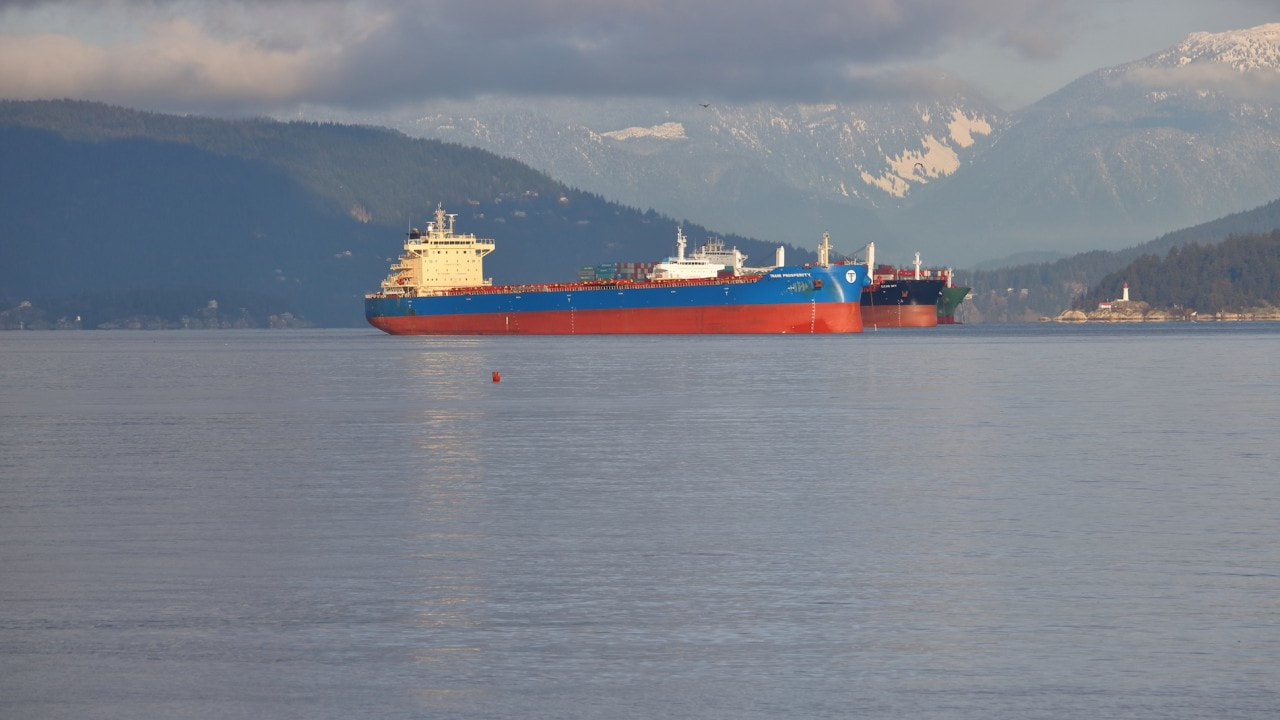|
Many of us rely on media outlets to stay informed about the world. What happens when those outlets make mistakes? For one, the mistakes can misinform. They can also further media bias, moving us away from objective facts. Our Top 5 list this week includes inaccuracies about a journalist, fact-checking Donald Trump and various international relations. Our Top 5 list this week includes inaccuracies about a journalist, fact-checking Donald Trump and various international relations.
1. CNNSouth Korea seizes second North Korean ship amid sanctions row FALSE Dec. 31: CNN changed the above headline to “South Korea seizes second ship amid North Korea sanctions row,” and posted the following, “Correction: The headline on this story has been changed to reflect that the seized ship is not a North Korean-flagged vessel. It is Panamanian flagged.” Why does it matter? The potential implications of South Korea seizing a North Korean ship may be greater than seizing a Panamanian ship that’s suspected of illicit trading with North Korea. 2. BreitbartJake Tapper claimed he came from the middle class. FALSE Dec. 27: According to Breitbart, CNN anchor Jake Tapper claimed during an interview that he grew up as part of the middle class. Yet a transcript of that interview shows Tapper didn’t actually make this claim. He said he grew up in a “similar neighborhood” to Scaramucci’s, which Breitbart reported was “blue collar.” Tapper later tweeted that he lived part time with his mom in a neighborhood that was “working class,” and since his father was a doctor, they were never left “wanting.” Why does it matter? Breitbart’s claim that Tapper falsely represented himself furthers its slant that his network, CNN, is “very fake news.” 3. Anadolu AgencyIn a statement indicating its visa services in Turkey had been fully restored, the U.S. State Department claimed that Turkey had reassured U.S. officials that local employees would not be subjected to additional scrutiny. FALSE Dec. 28: The U.S. State Department suspended visa services in Turkey in October after two of its local employees were arrested there. The U.S. statement on restoring visa services didn’t mention the assurances Anadolu reported. It mentions assurances that no employees are currently being investigated, and that the U.S. would be informed before the arrest or detainment of any of its local employees in the future, not that they wouldn’t “be subject to additional scrutiny.” Why does it matter? This inaccuracy could suggest the U.S. only reinstated visa services after receiving some special dispensation by the Turkish government, which may portray it as acting above the law. (To read the full list, click here) Comments are closed.
|
Jens Erik GouldJens is a political, business and entertainment writer and editor who has reported from a dozen countries for media outlets including The New York Times, National Public Radio and Bloomberg News Archives
February 2018
Categories
All
|

 RSS Feed
RSS Feed